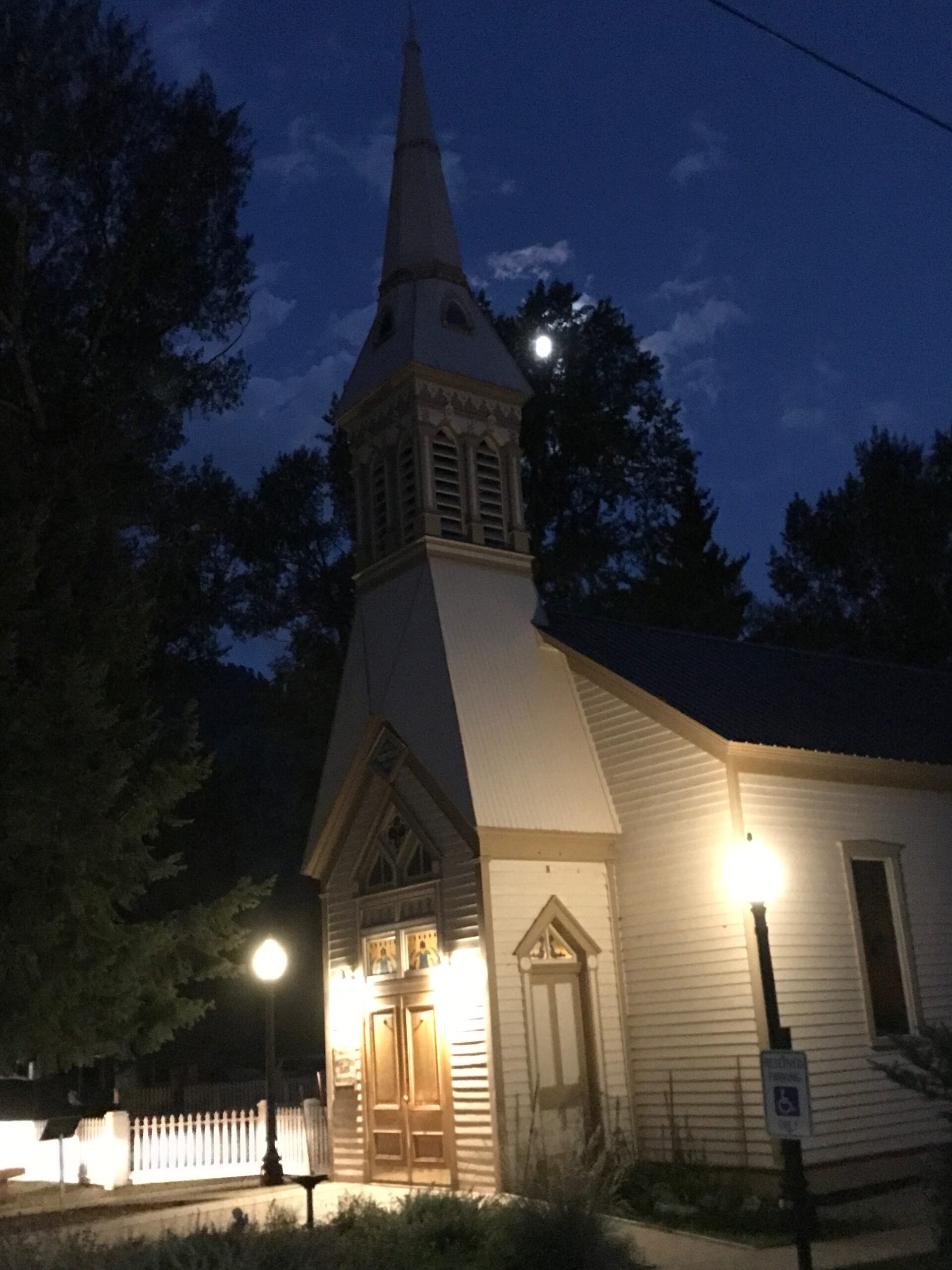
Genesis 50
Then Joseph threw himself on his father’s face and wept over him and kissed him. Joseph commanded the physicians in his service to embalm his father. So the physicians embalmed Israel; they spent forty days doing this, for that is the time required for embalming. And the Egyptians wept for him seventy days.
When the days of weeping for him were past, Joseph addressed the household of Pharaoh, “If now I have found favor with you, please speak to Pharaoh as follows: My father made me swear an oath; he said, ‘I am about to die. In the tomb that I hewed out for myself in the land of Canaan, there you shall bury me.’ Now therefore let me go up, so that I may bury my father; then I will return.” Pharaoh answered, “Go up and bury your father, as he made you swear to do.”
So Joseph went up to bury his father. With him went up all the servants of Pharaoh, the elders of his household, and all the elders of the land of Egypt, as well as all the household of Joseph, his brothers, and his father’s household. Only their children, their flocks, and their herds were left in the land of Goshen. Both chariots and charioteers went up with him. It was a very great company. When they came to the threshing floor of Atad, which is beyond the Jordan, they held there a very great and sorrowful lamentation, and he observed a time of mourning for his father seven days. When the Canaanite inhabitants of the land saw the mourning on the threshing floor of Atad, they said, “This is a grievous mourning on the part of the Egyptians.” Therefore the place was named Abel-mizraim; it is beyond the Jordan. Thus his sons did for him as he had instructed them. They carried him to the land of Canaan and buried him in the cave of the field at Machpelah, the field near Mamre, which Abraham bought as a burial site from Ephron the Hittite. After he had buried his father, Joseph returned to Egypt with his brothers and all who had gone up with him to bury his father.
Realizing that their father was dead, Joseph’s brothers said, “What if Joseph still bears a grudge against us and pays us back in full for all the wrong that we did to him?” So they approached Joseph, saying, “Your father gave this instruction before he died, ‘Say to Joseph: I beg you, forgive the crime of your brothers and the wrong they did in harming you.’ Now therefore please forgive the crime of the servants of the God of your father.” Joseph wept when they spoke to him. Then his brothers also wept, fell down before him, and said, “We are here as your slaves.” But Joseph said to them, “Do not be afraid! Am I in the place of God? Even though you intended to do harm to me, God intended it for good, in order to preserve a numerous people, as he is doing today. So have no fear; I myself will provide for you and your little ones.” In this way he reassured them, speaking kindly to them.
So Joseph remained in Egypt, he and his father’s household, and Joseph lived one hundred ten years. Joseph saw Ephraim’s children of the third generation; the children of Machir son of Manasseh were also born on Joseph’s knees. Then Joseph said to his brothers, “I am about to die, but God will surely come to you and bring you up out of this land to the land that he swore to Abraham, to Isaac, and to Jacob.” So Joseph made the Israelites swear, saying, “When God comes to you, you shall carry up my bones from here.” And Joseph died, being one hundred ten years old; he was embalmed and placed in a coffin in Egypt
Reflection
There are thirteen chapters between the story of Joseph being sold into slavery and the death of Jacob. In case you don’t read them, here’s a quick summary. Joseph was eventually brought to Egypt and sold to Potiphar, a high official of the Pharaoh. Although he drew much favor with Potiphar, he was wrongly accused of a transgression which resulted in his imprisonment. While in prison, God blessed him with favor among the guards which led to an opportunity to interpret a dream for one of Pharaoh’s officials. Interpreting that dream correctly led to another opportunity, but this time it was Pharaoh’s dream. Pharaoh was pleased with what he heard and promoted Joseph to the highest ranking official in all of Egypt in charge of preparing for seven years of plenty and seven years of famine based on his interpretation of the dream.
Joseph does an amazing job and stores up provisions during the seven years of plenty. So when famine began, Egypt was saved because of Joseph’s leadership. Moreover, the famine drew other tribes to Egypt seeking aid. Joesph’s brothers were among the Jews who sought help, but they had no idea that Joseph was over all of Egypt. Joseph offers them provisions, but when their grain bags are filled, he hides a silver cups in one of the sacks. Then, he sent them on their way.
Not long after they left, Egyptian soldiers stopped the brothers to search their bags for stolen goods. When they found the chalice, the brothers were brought back to Joseph. There they stood, before the second most powerful ruler in Egypt, terrified. Joseph, on the other hand, must have been ready to burst with joy for his big reveal. After all those years, he would finally be reunited with his family. His brothers’ wrongdoings were forgotten. Eventually, his whole family moved to Egypt and they settled there.
You might be wondering, “how could Joseph just forgive what his brothers did?” “Why didn’t he want to get revenge on them?” All good questions, indeed. Perhaps Joseph had enough wisdom to look at the larger picture of what God was doing. Had his brothers never thrown him into the pit and sold him into slavery, Joseph would have never been in the position to help save the fledgling nation of Israel. In short, Joseph, understood that what the brothers meant for evil, God used for good. Israel, as God’s chosen people were saved from the famine, because God intervened through Joseph.
As we turn our attention to the ornament of the chalice for reading, consider how majestic God’s larger plan is for those who love him.
